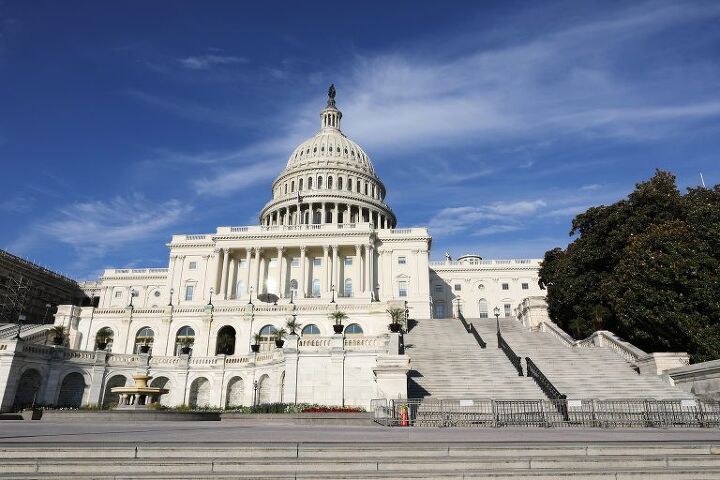#AutonomousSafety
Something to Agree On: Everyone Wants More Autonomous Vehicle Legislation
While the United States has enacted some laws governing autonomous vehicles, the framework is pretty loose. Automakers have a cap on the number of test vehicles they’re allowed to field. They also have to get permission from the National Highway Traffic Safety Administration, but safety reporting is basically voluntary — and there’s plenty of conflict with existing safety standards.
A House Energy and Commerce subcommittee hearing held Tuesday sought to address the issue by gathering input from an array of sources, some of which had conflicting goals. And yet it appears that a consensus has miraculously been reached on Capitol Hill. All sides want more laws passed governing autonomous vehicles, albeit for various reasons. Consumer groups want assurances that AVs will remain safe and service as many people as possible; industry groups want a clearcut regulatory framework they can use to gradually shift test mules into products with more intellectual property protection and less red tape.
Uber Establishes Oversight Board for Self-driving Development
Uber has formed an independent board tasked with overseeing its autonomous vehicle program. As outsiders, they’ll have no official authority within the company. But the six-member group will have direct access to executive years, and will be using them to advise the business on how best to test and deploy new technologies.
Dubbed the Self-Driving Safety and Responsibility Board, the group was formed after one of Uber’s test vehicles struck and killed a pedestrian in March 2018. An external review commissioned by the company following the incident recommended the board’s formation, with support from the NHTSA.
Are Government Officials Souring On Automotive Autonomy?
Thanks to the incredibly lax and voluntary guidelines outlined by the National Highway Traffic Safety Administration, automakers have had free rein to develop and test autonomous technology as they see fit. Meanwhile, the majority of states have seemed eager to welcome companies to their neck of the woods with a minimum of hassle. But things are beginning to change after a handful of high-profile accidents are forcing public officials to question whether the current approach to self-driving cars is the correct one.
The House of Representatives has already passed the SELF DRIVE Act. But it’s bipartisan companion piece, the AV START Act, has been hung up in the Senate for months now. The intent of the legislation is to remove potential barriers for autonomous development and fast track the implementation of self-driving technology. But a handful of legislators and consumer advocacy groups have claimed AV START doesn’t place a strong enough emphasis on safety and cyber security. Interesting, considering SELF DRIVE appeared to be less hard on manufacturers and passed with overwhelming support.
Of course, it also passed before the one-two punch of vehicular fatalities in California and Arizona from earlier this year. Now some policymakers are admitting they probably don’t understand the technology as they should and are becoming dubious that automakers can deliver on the multitude of promises being made. But the fact remains that some manner of legal framework needs to be established for autonomous vehicles, because it’s currently a bit of a confused free-for-all.


















Recent Comments